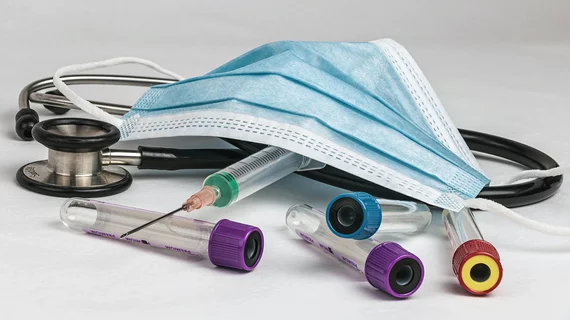Cardiovascular surgeon wants to sue hospital after he was fired for refusing COVID-19 vaccine
Doylestown Hospital in Doylestown, Pennsylvania, fired its chief of cardiovascular surgery after he refused to receive a COVID-19 vaccine. He is now raising money through a crowdfunding campaign on GoFundMe to sue the hospital.
Joseph Auteri, MD, had been with the hospital since May 2007.
“I declined the vaccine, and was promptly terminated, despite all that we’ve accomplished together,” Auteri said in his post on GoFundMe. “I was denied any opportunity for reasonable accommodation.”
Auteri had requested both religious and medical exemptions to the mandate. Both were denied by the hospital. He cited a specific Bible verse, 1 Corinthians 6:19, for his religious exemption and argued “previous exposure with robust natural immunity” should count toward his medical exemption.
“I feel what they did to me and other healthcare workers was wrong,” he said. “I never prepared a contingency fund for these legal expenses, and therefore I am asking for donations to help me fight this injustice.”
The Philadelphia Inquirer detailed the ongoing story, writing that Doylestown Hospital is standing by its vaccine mandate.
“This requirement is an extension of our organization’s belief that following the science is the most effective way to serve our community,” Allyson Gilmore, a hospital spokesperson, said in a statement.
While 96 employees from the hospital have been awarded exemptions, just a handful—including Auteri—have been fired for refusing to be vaccinated.
Auteri has raised more than $33,000 on GoFundMe at the time of this writing.

